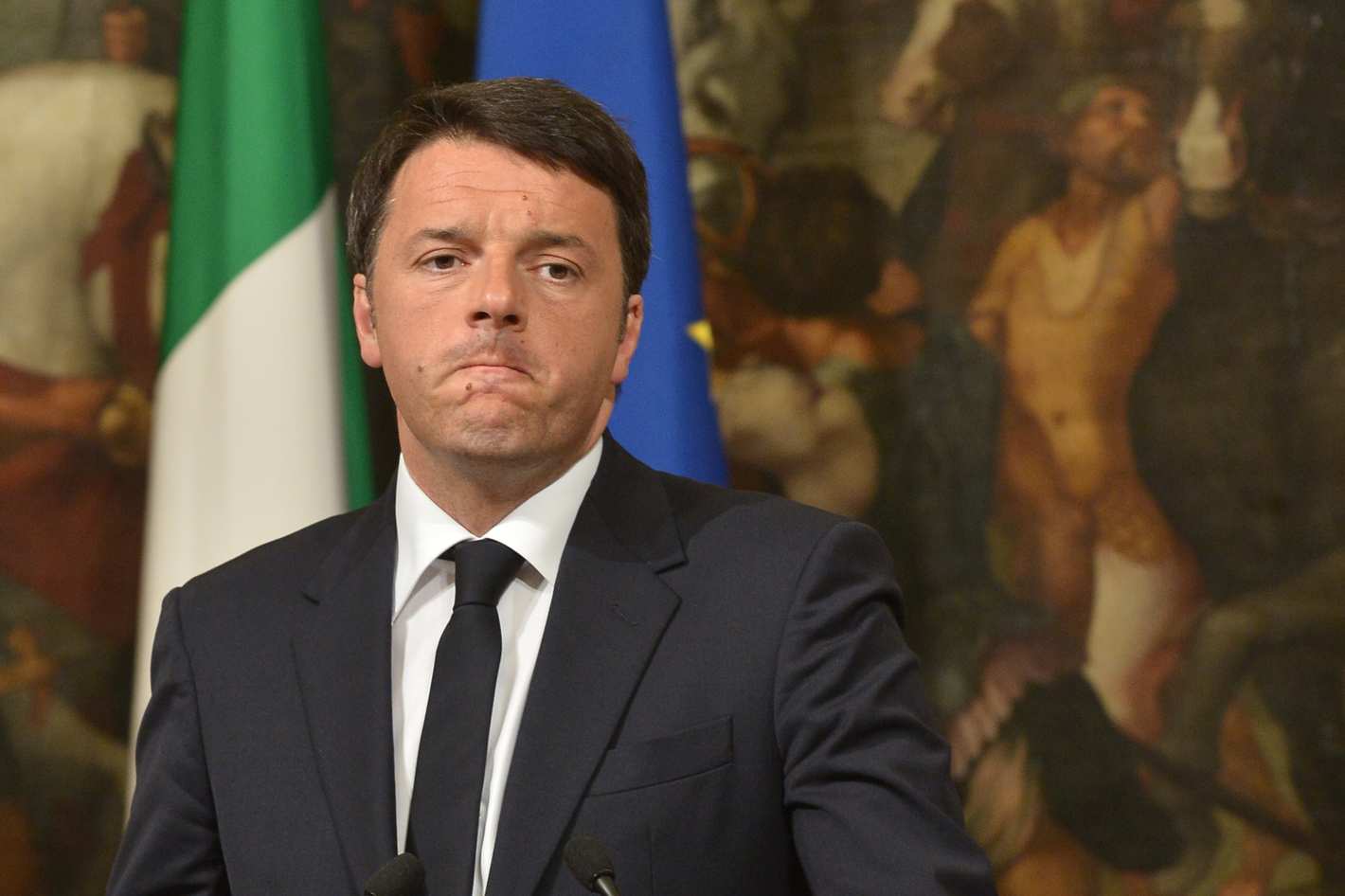
Italy PM resigns after referendum defeat
Italian Prime Minister Matteo Renzi has resigned after suffering a heavy defeat in a referendum over his plan to reform the constitution.
Advertisement
In a late-night news conference, he said he took responsibility for the outcome, and said the No camp must now make clear proposals.
With most ballots counted, the No vote leads with 60% against 40% for Yes.
The turnout was nearly 70%, in a vote that was seen as a chance to register discontent with the prime minister.
"Good luck to us all," Mr Renzi told reporters. He said he would tell a cabinet meeting on Monday afternoon that he was resigning, then tender his resignation to the Italian president.
Why did he lose?
Matteo Renzi staked his political future on his attempt to change Italy's cumbersome political system. He wanted to strengthen central government and weaken the Senate, the upper house of parliament.
His opponents - including some within his own party - had argued that the reforms would give the prime minister too much power. The electorate agreed.
But the referendum was more than a vote on constitutional reform, it was widely regarded as a chance to reject establishment politics.
It was a resounding victory for the No camp, a medley of populist parties headed by the Five Star Movement, which capitalised on Mr Renzi's declining popularity, years of economic stagnation, and the problems caused by tens of thousands of migrants arriving in Italy from Africa.
Has this strengthened anti-establishment parties?
The No vote's victory was even bigger than the last opinion poll in November had predicted.
Five Star says it is getting ready to govern Italy. Its leader Beppe Grillo said an election should be called "within a week".
Another opposition leader Matteo Salvini, of the anti-immigrant Northern League, called the referendum a "victory of the people against the strong powers of three-quarters of the world".
What will happen next?
Mr Renzi will hand in his resignation to President Sergio Mattarella after the final cabinet meeting.
The president may ask him to stay on at least until parliament has passed a budget bill due later this month.
In spite of the pressure from the opposition, early elections are thought to be unlikely.
Instead, the president may appoint a caretaker administration led by Mr Renzi's Democratic Party, which would carry on until an election due in the spring of 2018.
Finance Minister Pier Carlo Padoan is the favourite to succeed Mr Renzi as prime minister.
How is Europe reacting?
The result is being seen as a blow to the EU, although there is no question of Italy following the UK out of the door.
Both Five Star and the Northern League are opposed to the eurozone but not to membership of the EU itself.
So far, mainstream EU politicians have been slow to react.
EU Economics Commissioner Pierre Moscovici dismissed the referendum as a domestic issue and said it was not a vote against the EU.
"It's a solid country with solid authorities and I have complete confidence that Italy can handle this situation," he told French TV.
The Governor of the Bank of France, Francois Villeroy, who is also a policymaker for the European Central Bank, put a brave face on it.
"The referendum in Italy yesterday may be deemed as another source of uncertainty," he said. "However, it cannot be compared to the British referendum: Italian people have been called to the polls to vote on an internal constitutional matter, and not on Italy's long-standing EU membership."




